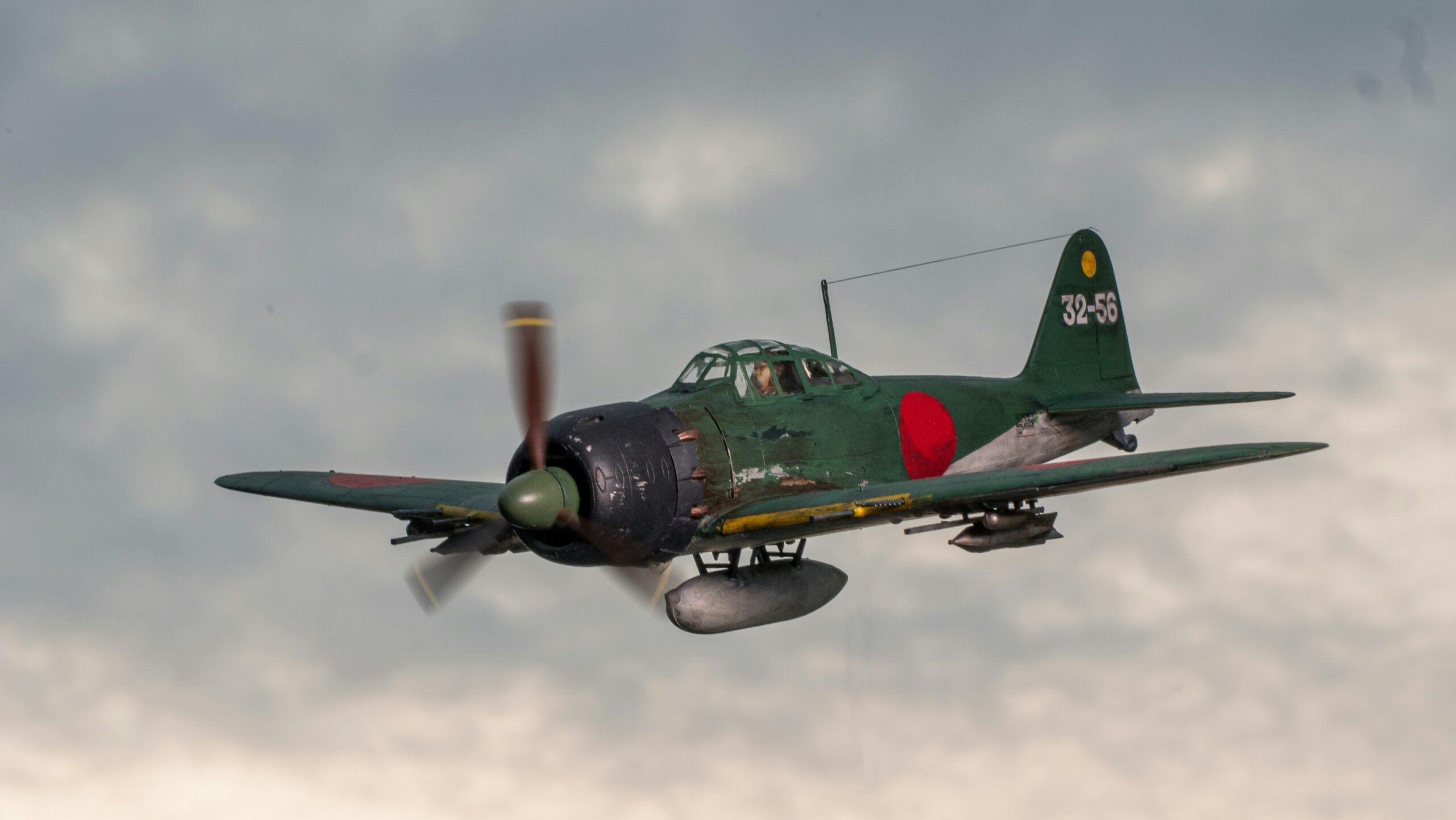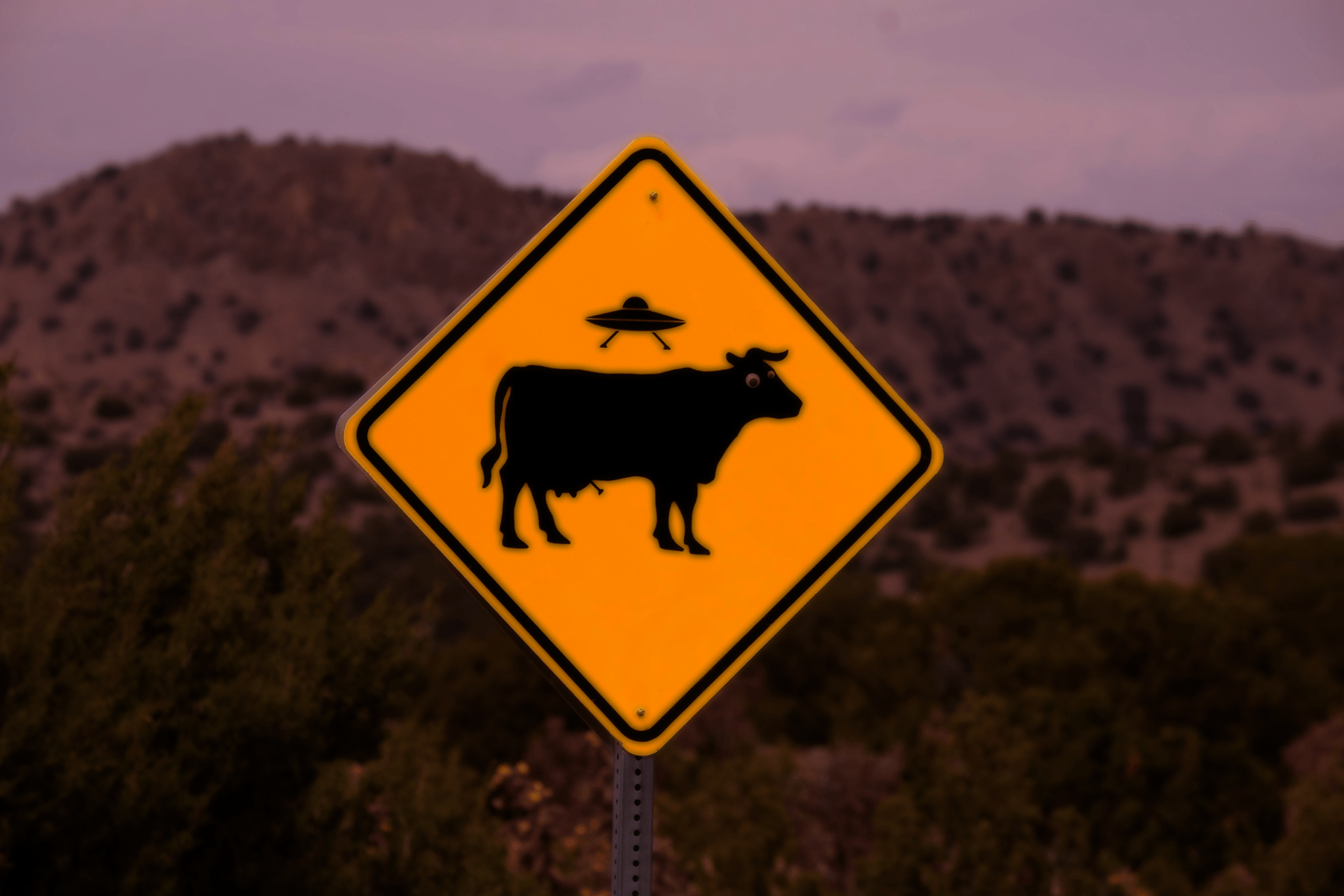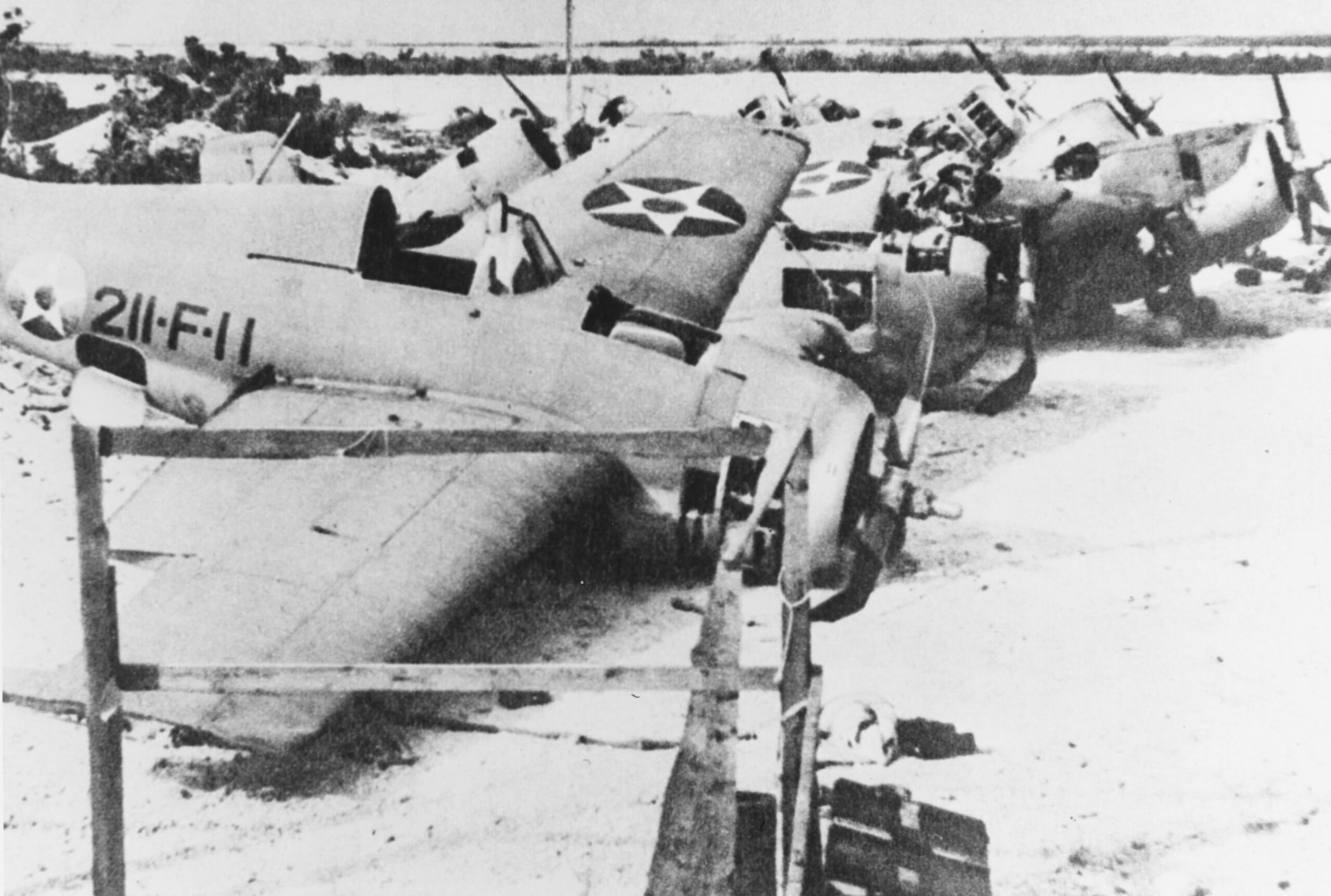Wives Cope With Husband’s Memories
(Part 2 of the Wake Island Story)
By Steve Pollock
The Duncan (OK) Banner)
Sunday, August 13, 1989
MARLOW — It all came back to them this weekend — fists lashing out during nightmares, the traumatic memories, the attempts to catch up on lost time.
The wives of 10 Wake Island survivors met in Marlow with their husbands this weekend for reasons of their own.
“We go through therapy every time we get together. We help each other with problems,” they said.
The wives: Florence Haidinger, Maxine Murphy, Opal Milburn, Irene McDaniels, Sarah Nowlin, Betty Cook, Millie Brown, Jo Williamson, Juanita Cooper and Marie Smith.
They did their own bit during World War II: The Red Cross, an airplane factory in Detroit, North American Aviation in El Segundo, Calif, Douglas in Los Angeles, the Kress dime store.
They married their men after the long national nightmare was finished, and their lives became entwined by one event: the Japanese attack on Wake Island Dec. 8-23,1941.
Since the first reunion of Wake survivors and their spouses in 1953, these women have been like sisters.
“We love each other, we’re closer than family,” Jo Williamson said.
In Marie Smith’s kitchen, therapy was doled out in a catharsis of talk little different from that of the men gathered on the patio. Talk is said to be good for the soul; these women heal great tears in theirs every time they see each other.
According to the wives, the men came home from the war, married, had children and tried to pick up where they left off.
They wanted to take care of their families and try to catch up. They were robbed of the fun times of their late teens and early 20’s, the women unanimously agree.
“They have also lived every day as if it were their last,” Sarah Nowlin said.
The men needed some help after their harrowing battle and brutal three -and-a-half-year captivity.
According to the women, doctors never realized therapy was in order: “They never got anything.”
One man lashed out with his fists during nightmares; after a few pops, his wife learned to leave the room. Another would slide out of bed and assume a rigid posture on the floor, arms and legs folded. Yet they have all been gentlemen.
“I’ve never seen my husband harm or even verbally abuse anyone,” a wife said Reunions such as this help the men and women deal with life as they age. The youths of 16-22 are now grandfathers and grandmothers in their 60’s and 70’s.
Life today is a bit baffling to them.
Extremely proud of their men, the women have no patience with draft dodgers, flag burners, Japanese cars or foreign ownership of America.
They didn’t agree with the Vietnam war policy, but duty to country should have come first, they said.
“I didn’t want my son to go to Vietnam, but I would have been ashamed of him if he hadn’t,” one said.
The issue of flag burning stirs violent protest and emotion in the group: “Made in America”‘ labels are on everything they buy.
And the younger generation does not enjoy the women’s confidence: “I don’t think they could do what we were all called on to do,” they agreed.
And as Marlow afternoon shadows grew longer, the women of Wake continued to cleanse their souls.
The wives of 10 Wake Island survivors met in Marlow with their husbands this weekend for reasons of their own.
“We go through therapy every time we get together. We help each other with problems,” they said.



